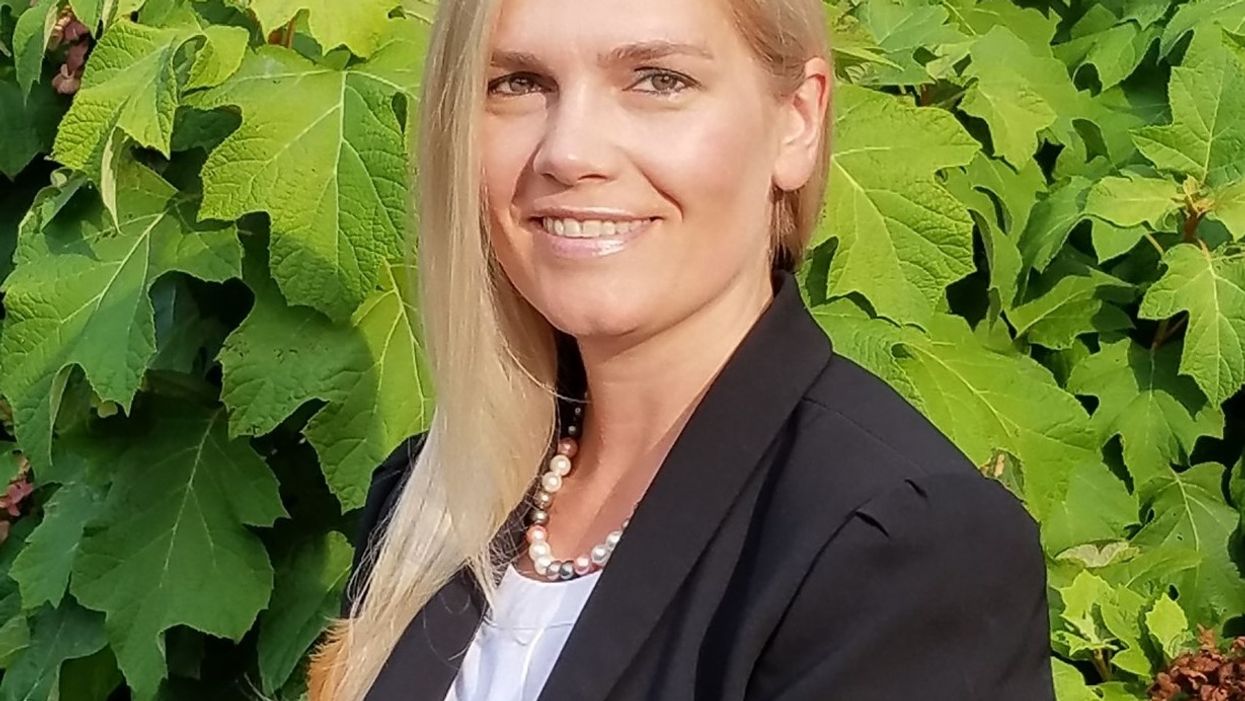People who aspire to judgeships in North Carolina but don't want to run on a party line are facing strict new rules and tight deadlines.
The tougher burdens, which only apply to non-affiliated candidates, are part of the state's comprehensive return this fall to partisan elections for judges. Good-government groups say that filling the bench this way is hardly the best option for getting the most qualified and fair people administering justice or for instilling public confidence in the court system.
In fact, the Tar Heel State is bucking the trend as many more states have abandoned partisan judicial elections in recent years than have adopted them. This year, North Carolina is among just 11 states picking all their judges this way. All but a handful of the other states have nonpartisan elections or allow voters to retain or dismiss judges first appointed by their governors.
Starting this month in North Carolina, independents seeking seats must start by collecting signatures from 2 percent of the registered voters in the areas that would be under their jurisdiction. Only if they complete those petitions within four weeks will they be permitted to register for a spot on the ballot. But candidates running as Democrats or Republicans need only pay a filing fee.
The Republican-majority General Assembly voted to switch to partisan elections in all judicial races three years ago. Until now, voters did not see party labels next to candidate names on the ballots, and unaffiliated candidates weren't required to file petitions.
The switch returns the state to the system it used into the early 1990s, when Democrats then in charge of the Legislature moved to nonpartisan elections. After the GOP secured supermajorities in Raleigh a decade ago, they pushed through a series of measures reviving partisan elections for the two tiers of appeals courts and then the two forms of trial courts.
The result, predictably, has been the election of mostly GOP jurists. Although one-third of the state's voters are registered as independents, only a handful of independents are expected to seek judgeships this year.
One of them is Tiffany Lesnik, a divorce lawyer running for a trial court seat in Raleigh.
"What everyone needs to understand is that Independents or Unaffiliated voters pose a real threat to the traditional two-party system in NC and around the states," she wrote in a Facebook post.
"What is most disturbing is that I am running for judge, not state Senate or the House, and why I have to work so hard to get on the ballot for what should already be a nonpartisan position is ridiculous," Lesnik continued. "I am angry, and you should be angry, too!"




















Trump & Hegseth gave Mark Kelly a huge 2028 gift